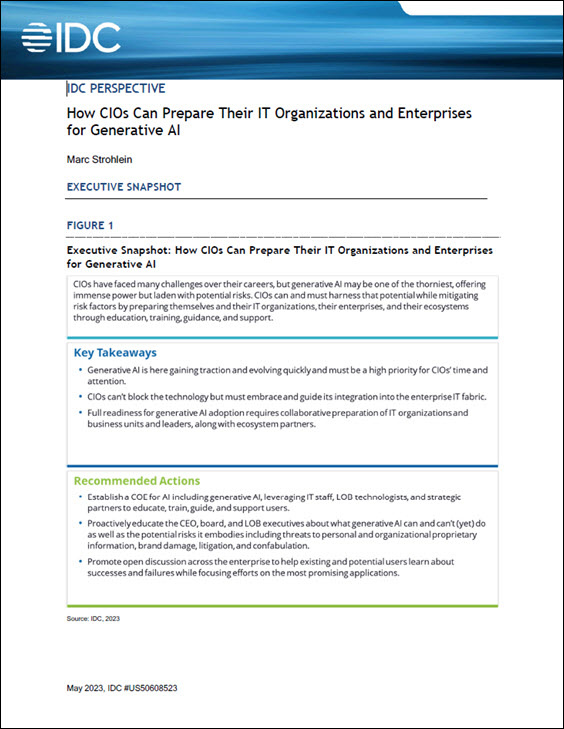It’s no surprise that privacy is hard to come by in today’s world. Many people voluntarily post and record every moment of their lives on social media, but even those who don’t are at risk of having their personal data tracked and stored.
The simple act of owning a smartphone invites big companies and government agencies to access your data, whether you’ve explicitly given them permission to do so or not. Because of this, there’s been a lot of recent news about surveillance practices and how different countries deal with them.
So, who is tracking you when you take a vacation or go on a business trip? How is your data used, and what can you do to regain some control over how you’re tracked and what information is being collected?
The Upside to Surveillance
While most people object to having their data tracked and collected, others don’t mind. In fact, some argue that say that it makes their lives easier, better, and safer. This is exemplified those leveraging data to help us overcome the biggest issues affecting society today, especially when it comes to reducing economic inequality. As noted Edwina Uehara, president of the Society for Social Work and Research, “We must employ tested methods built on robust data to achieve lasting impact on a scale that makes a profound difference in people’s lives.”
Much of this data comes from advanced, interconnected technology used by governments across the world. For example, new surveillance systems around the globe play a role in implementing security measures in places around the world. Tunisia, for example, is implementing an eVisa system for qualified passport holders that could help improve security. Officials in countries like Tunisia and others use surveillance to make travel safer for both locals and tourists.
Another upside to surveillance is enjoying more personalized ads, suggestions, and settings in your online life. Some are willing to have lax privacy settings and an open mind about data collection for the simple benefit of enjoying more personalization.
Travel and Privacy
You leave a footprint wherever you go, but especially when you travel — and especially when you travel to a country that is watching that footprint very closely.
You can’t think of privacy and surveillance without thinking of China. While most people are familiar with China’s severe internet censorship policies that make it impossible to visit sites like Google and Facebook, the future could look even worse. According to the Atlantic, “China’s evolving algorithmic surveillance system will rely on the security organs of the communist party-state to filter, collect, and analyze staggering volumes of data flowing across the internet.”
Everything people do could be tracked and watched. As a foreigner traveling abroad in China, you would be susceptible as well. Flights, credit card purchases, social media posts, and check-ins can contribute to the public nature of your data, but what if your movements were tracked on street-corner cameras and your purchasing habits contributed to how the government perceived you? One could view China as a cautionary tale of what could happen if we let data tracking get out of control.
While it’s now widely known that your apps are tracking you, the smart-device boom does not appear to be slowing down anytime soon. Even when you turn your location services off and specifically instruct your device to not track you, Google tracks your movements. But still, people are buying more devices that make them more trackable.
The travel industry is benefiting from this plethora of data. For example, hotels use big data to gain insights into customer satisfaction, competition, and industry trends. If you don’t mind having your data and movements tracked, then you’re in luck. But if you feel discomfort at the thought of not being able to go about your daily life with privacy and anonymity, then there’s more to learn.
The NSA and Your Data
When you think of surveillance and privacy, the NSA probably comes to mind — largely thanks to Edward Snowden. It comes down to this simple fact: The NSA is definitely spying on you, whether you’re at home or traveling. Big data is used so companies can better access potential customers and have insight into their likes, dislikes, and probable next steps.
The NSA uses GPS data, phone records, and internet footprints to collect people’s personal information. The NSA’s use of big data begs the question of what can be done legally and ethically. And since there are no legal protections for what the NSA can do with the data that belongs to non-US citizens, traveling could have a big impact on privacy and protection.
Those who are concerned about their data being tracked while traveling could own fewer smart devices, for one. Finding trustworthy internet connections when you’re away from home can be difficult, but always making sure you’re on a secure internet server or browsing in incognito mode are great steps to take. Being aware of how your data is collected can help you be more conscious of your behaviors while traveling.
About the Author

Magnolia Potter is a muggle from the Pacific Northwest who writes from time to time. She covers a variety of topics and prefers not to settle on just one. When Magnolia’s not writing, you can find her in the outdoors or curled up with a good book and a mug of butterbeer. She is still waiting for her Hogwarts acceptance letter. You can chat with her on Twitter @MuggleMagnolia.
Sign up for the free insideAI News newsletter.





This is the best blog to read. Thanks for sharing with me.